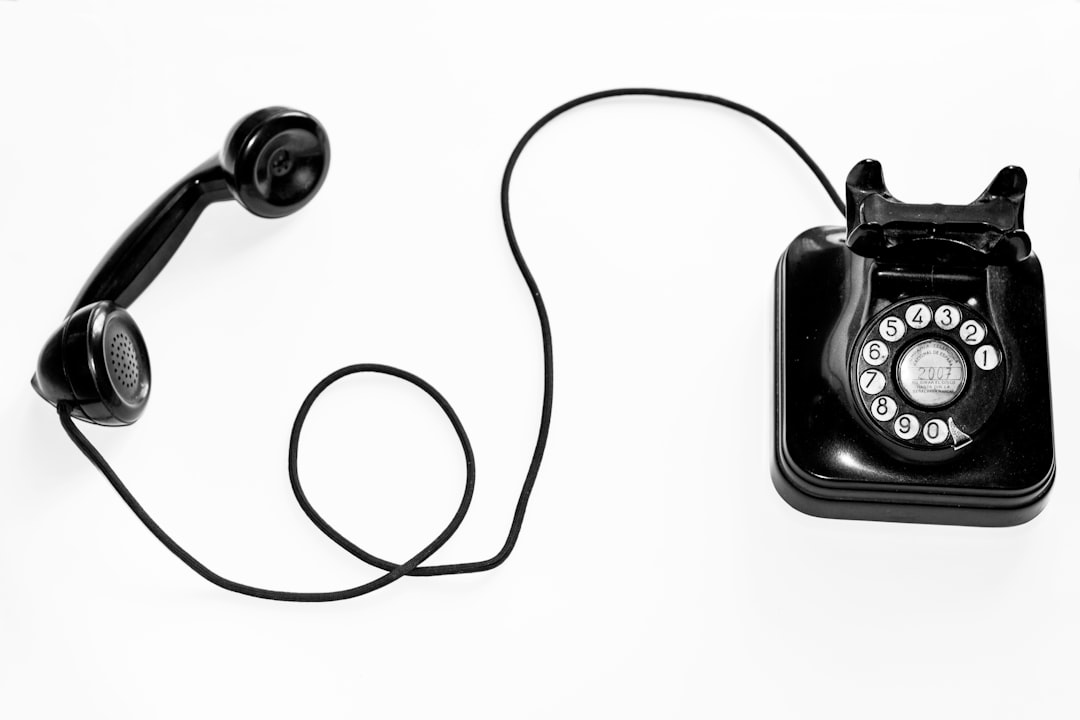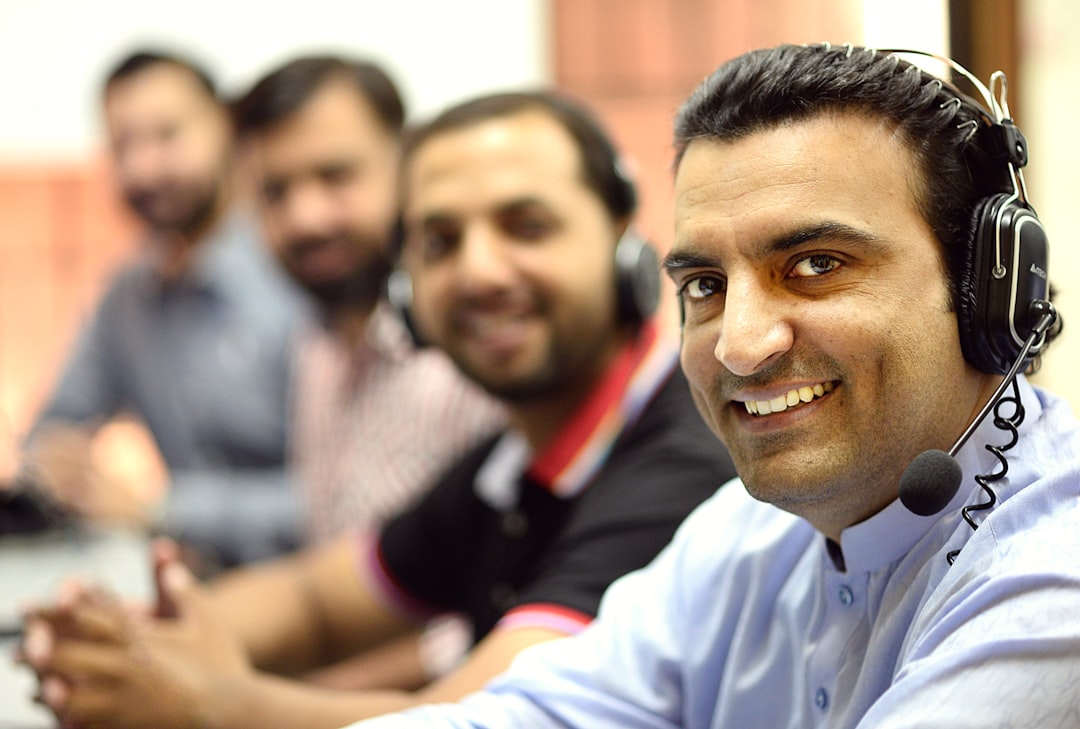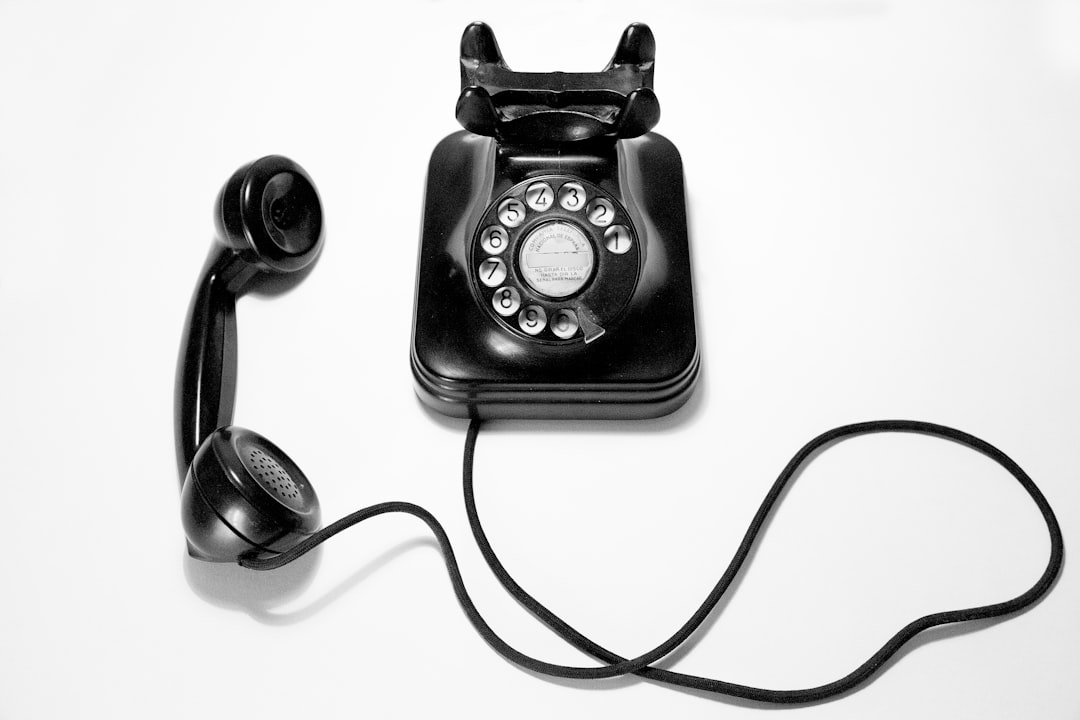In Los Angeles, businesses using autodialers face stringent regulations under the California Privacy Rights Act (CPRA), Telephone Consumer Protection Act (TCPA), and Federal Communications Commission (FCC) guidelines. An autodialer attorney is crucial to navigate these complex laws, ensuring compliance with do-not-call lists, correct caller ID displays, and proper use of robocalls, thereby avoiding fines, maintaining brand integrity, and building consumer trust. Specialized attorneys offer tailored guidance on consent, opt-out options, script reviews, employee training, and record-keeping to effectively manage these regulations while leveraging autodialing technology.
“In the dynamic world of telecommunications, understanding compliance with autodialer laws is paramount, especially in a bustling metropolis like Los Angeles. This comprehensive guide delves into the intricacies of autodialer regulations, shedding light on what constitutes non-compliance and the potential pitfalls businesses face.
From defining legal boundaries to navigating best practices, we explore crucial aspects. Discover the role an autodialer attorney in Los Angeles plays in ensuring adherence to laws and learn practical strategies for businesses to maintain compliance, fostering a harmonious relationship between technology and regulation.”
Understanding Autodialer Laws in Los Angeles: A Comprehensive Overview
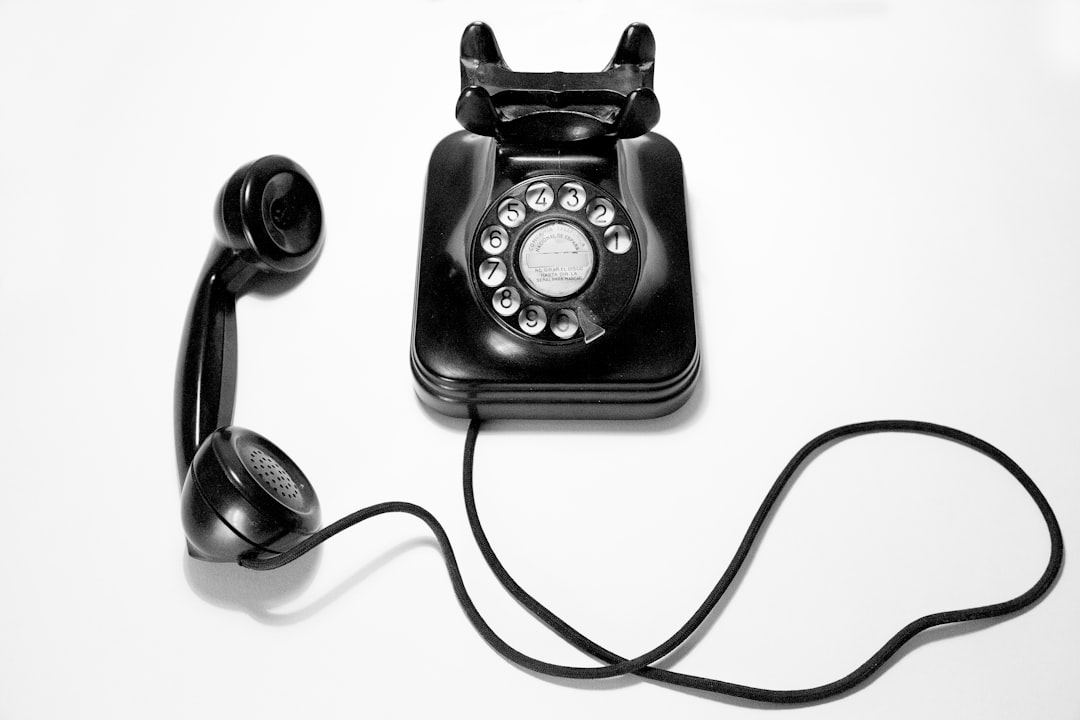
In Los Angeles, the use of autodialers is regulated by a specific set of laws designed to protect consumers from unwanted phone calls. These regulations are crucial for businesses and individuals using autodialing technology to ensure compliance and avoid legal repercussions. An autodialer attorney in Los Angeles can provide expertise on these laws, helping users navigate the complex landscape of telemarketing rules.
The California Privacy Rights Act (CPRA) and Telephone Consumer Protection Act (TCPA) are two primary legal frameworks governing autodialers. The CPRA expands on existing privacy rights, while the TCPA specifically addresses telemarketing practices. Businesses must obtain explicit consent before using autodialers to make phone calls, and failure to do so can result in substantial fines. Understanding these laws is essential for anyone utilizing autodialing software to ensure fair and legal business practices.
When Does an Autodialer Become Non-Compliant? Common Violations Explained
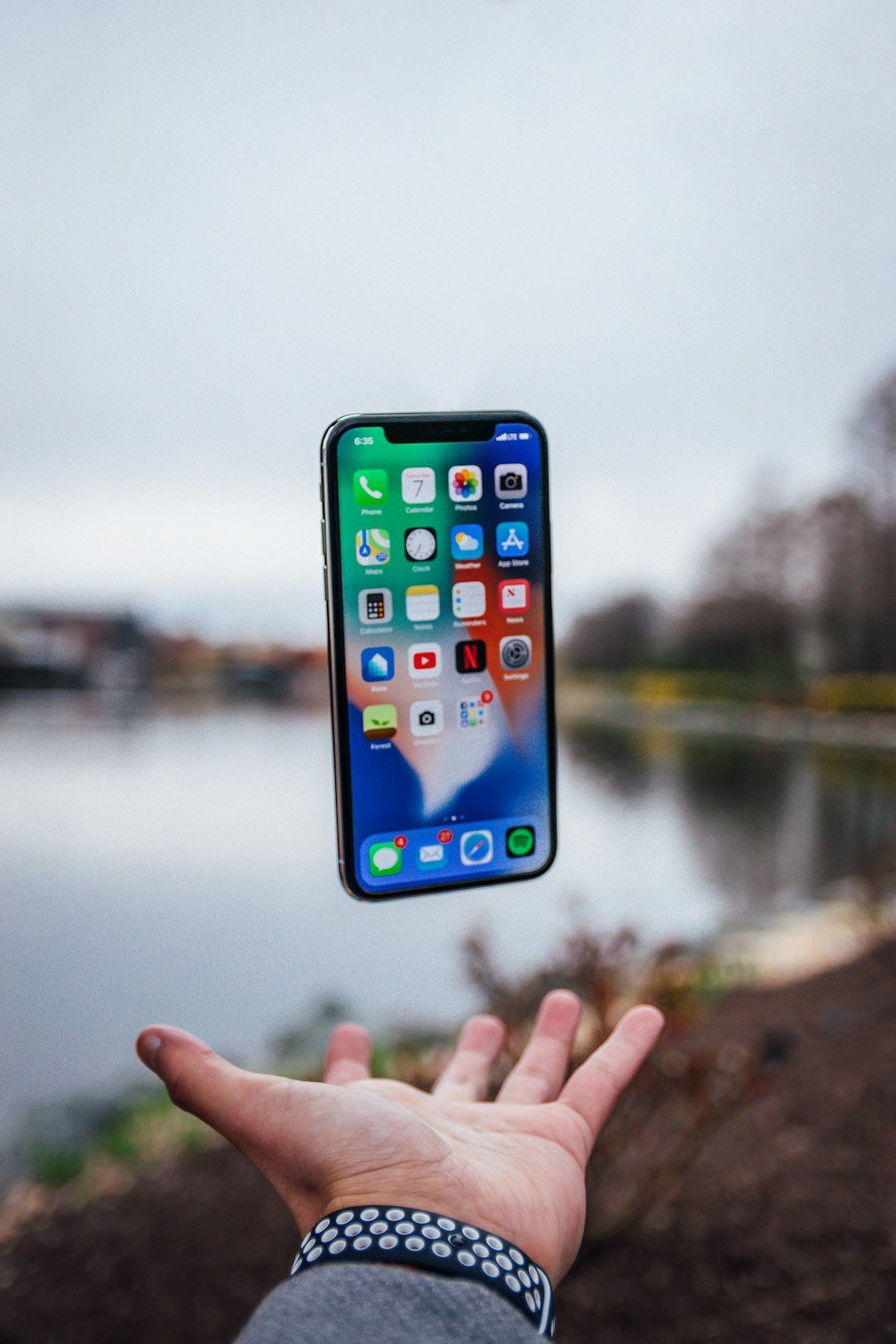
In the vibrant, bustling landscape of Los Angeles, understanding the compliance requirements for autodialers is crucial. An autodialer becomes non-compliant when it fails to adhere to regulations set by the Federal Communications Commission (FCC) and state laws, such as those in California. Common violations include making automated calls without proper consent, failing to provide a way to opt out of calls, or not having accurate caller ID information.
An autodialer attorney in Los Angeles can help businesses navigate these complex regulations. Specific violations can lead to significant fines and legal repercussions, so it’s essential to ensure your autodialing practices are in line with the law. Common issues include incorrect or misleading numbers displayed, calls made to numbers on do-not-call lists, and failure to maintain accurate records of call data.
The Role of an Autodialer Attorney in Ensuring Compliance
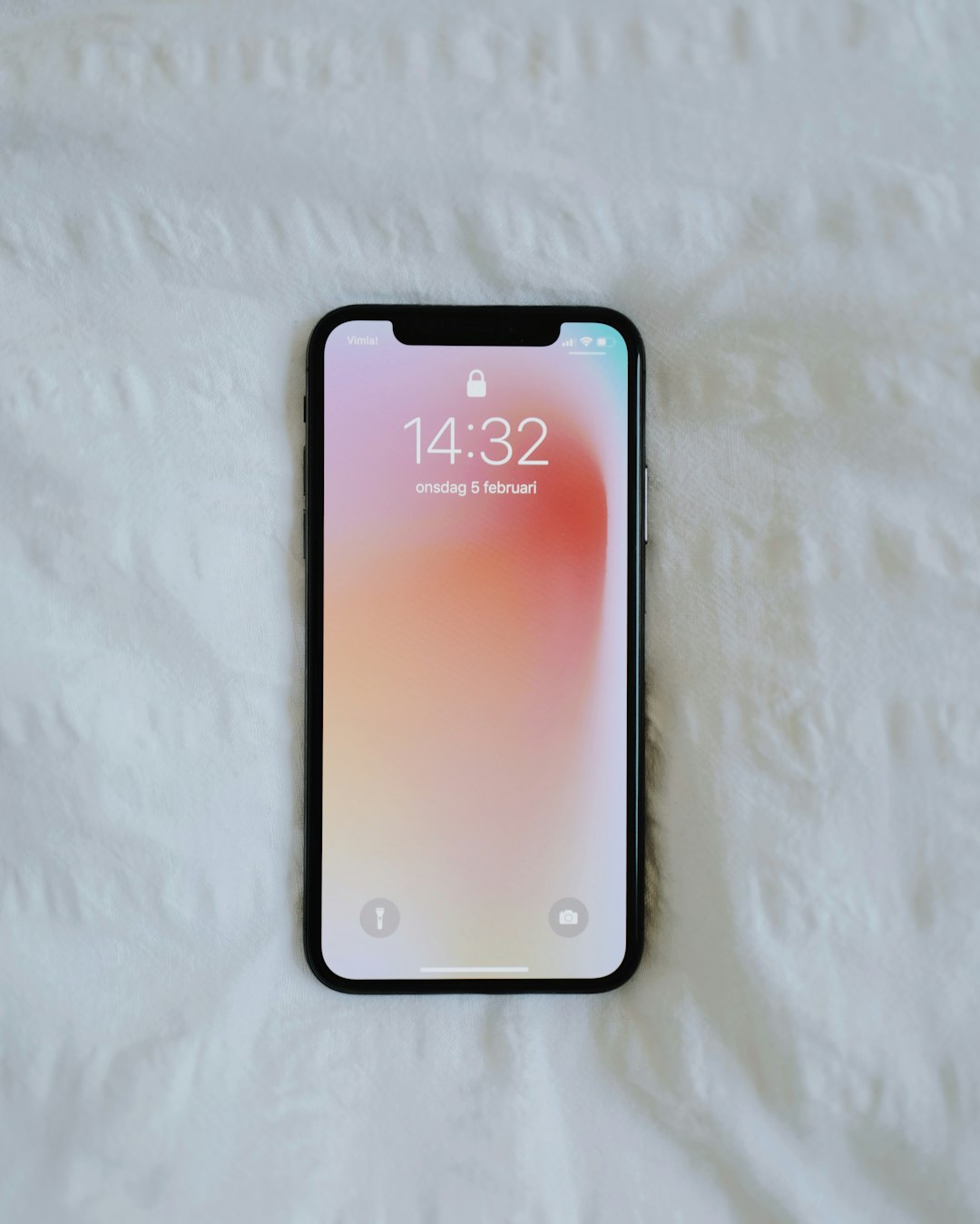
In the dynamic legal landscape of Los Angeles, businesses dealing with automated dialing systems—or autodialers—need expert guidance to navigate complex compliance regulations. This is where an autodialer attorney in Los Angeles steps into the spotlight. Their primary role is to ensure that companies utilizing autodialers adhere to the stringent laws and guidelines governing telemarketing practices, specifically those related to robocalls.
An autodialer attorney in LA plays a pivotal part in safeguarding businesses from potential legal pitfalls. They offer specialized knowledge on matters such as do-not-call lists, caller ID requirements, and the permissible uses of automated dialing technology. By employing their expertise, companies can minimize the risk of costly compliance breaches and ensure their marketing strategies remain within legal boundaries. This proactive approach is crucial in maintaining a positive brand image and fostering trust with consumers in the highly regulated communication sector.
Navigating Legal Requirements: Best Practices for Businesses Using Autodialers in LA
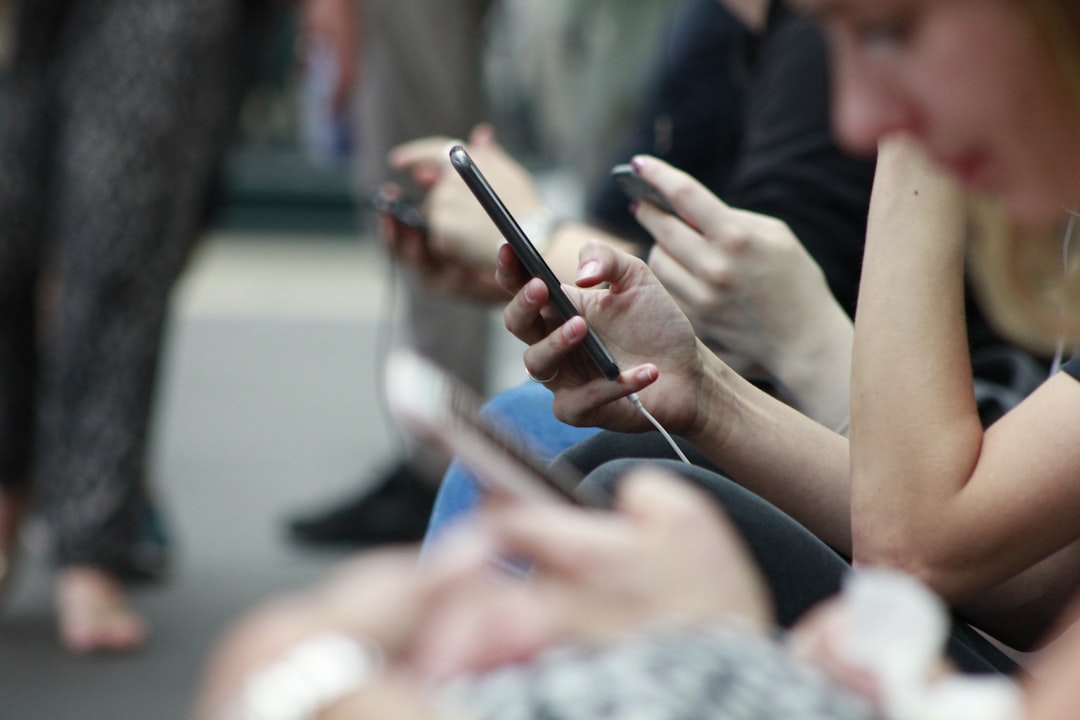
Navigating Legal Requirements: Best Practices for Businesses Using Autodialers in LA
In Los Angeles, businesses utilizing autodialers for marketing or sales purposes must adhere to stringent legal requirements set forth by the California Telephone Consumer Protection Act (CTCPA) and federal regulations like the Telephone Consumer Protection Act (TCPA). An autodialer attorney in Los Angeles is crucial for ensuring compliance to avoid costly fines and negative public relations. Businesses should obtain explicit consent from recipients before making automated calls, ensuring clear opt-out mechanisms are provided, and avoiding any prerecorded messages unless permitted by law.
Regular reviews of call scripts and training sessions for employees who use autodialers can help maintain adherence to legal standards. Keeping detailed records of customer consent and call outcomes is essential for demonstrating compliance should a dispute arise. Consulting with an autodialer attorney in Los Angeles can provide tailored guidance, ensuring your business effectively navigates these complex regulations while leveraging the benefits of automated communication strategies.

